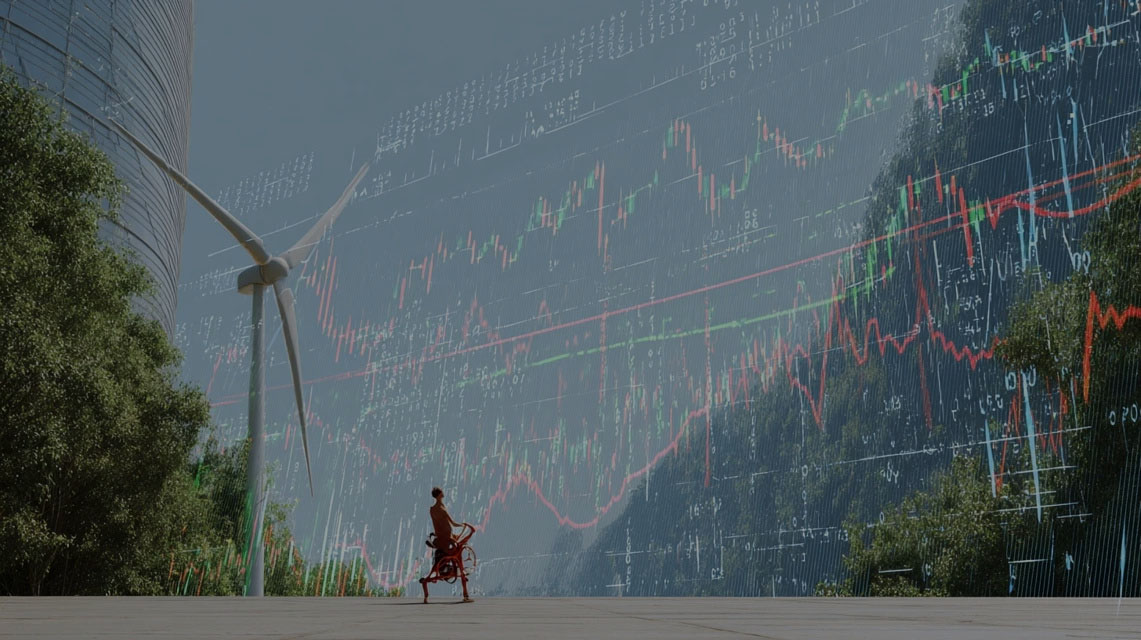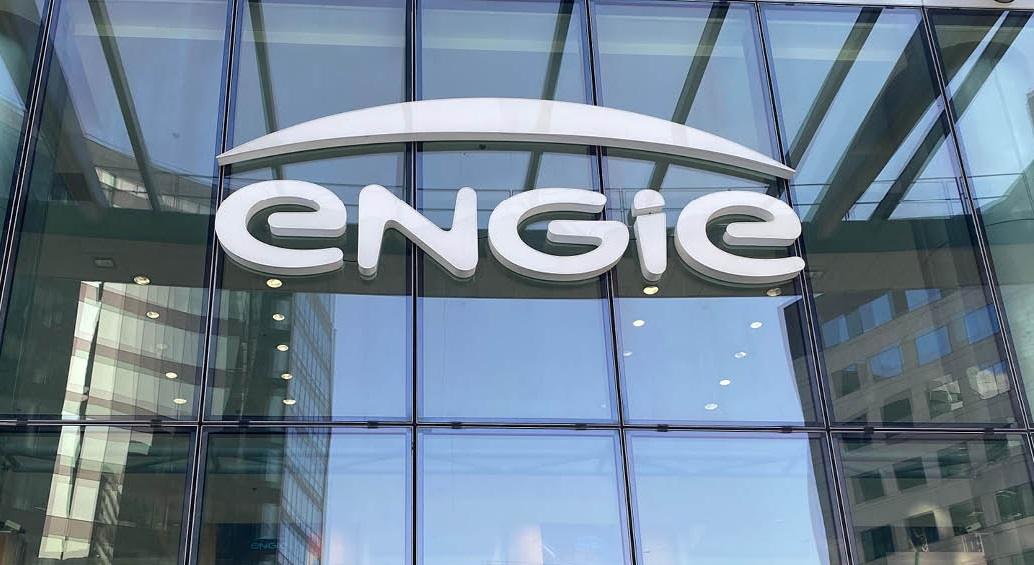Rapid advances in clean energy, automation, and electric mobility drive investment and policy shifts across global markets.
At a glance – The past 24 hours have seen the interconnected clean technology sectors accelerate at an unprecedented pace, with global market capitalization for clean tech reaching $916.2 billion in 2024 and projected to double by 2030. Asia Pacific continues to dominate, holding over 50% of market share, while India is forecast to lead growth rates through 2030. Key drivers include declining costs for solar and wind, breakthroughs in battery storage, and surging demand for electric vehicles. The industrial segment remains the largest application area, as companies like Adani Group, Canadian Solar, and Ørsted A/S expand operations. Geopolitical tensions, especially around China’s supply chain dominance, are influencing investment strategies and prompting diversification efforts in Europe and North America. The sector’s momentum is further fueled by policy incentives and the proliferation of distributed energy resources, with hydrogen and carbon capture technologies gaining traction for industrial decarbonization.
Technology advance – In technology news, General Electric unveiled its new high-efficiency wind turbine platform in Denmark, promising a 15% increase in output and reduced maintenance costs. Meanwhile, IBM Corporation announced a partnership with Enel Spa to deploy AI-driven grid modernization software across Italy, enhancing real-time energy management and resilience. In the robotics sphere, Boston Dynamics introduced an autonomous inspection robot for solar farms, capable of predictive maintenance using machine learning. The marine technology sector saw Wärtsilä launch its hybrid electric propulsion system for commercial shipping in Singapore, targeting a 30% reduction in fuel consumption. EVTOL innovation surged as Joby Aviation completed its first piloted urban air mobility demonstration in Los Angeles, marking a milestone for advanced air mobility integration into city transport networks. Battery and energy storage advances were highlighted by CATL’s new sodium-ion battery, which entered pilot production in China, offering lower costs and improved safety for grid-scale storage.
Partnerships – Strategic alliances are shaping sector growth. Vestas and Iberdrola, S.A. announced a joint venture to develop offshore wind projects in the North Sea, targeting 2 GW of new capacity by 2028. NextEra Energy Resources, LLC signed a multi-year agreement with Tesla to deploy Megapack battery systems across Florida, supporting distributed energy and grid reliability. In electric transportation, Rivian and DHL launched a pilot program for electric logistics fleets in Germany, aiming to electrify 50% of DHL’s urban delivery vehicles by 2027. The defense sector saw Lockheed Martin and Siemens form a dual-use technology partnership to integrate AI-powered disaster response drones for wildfire management in California. In marine renewables, Ørsted A/S and Mitsubishi Heavy Industries announced a collaboration to develop floating offshore wind platforms for deployment off the coast of Japan, leveraging advanced mooring and energy conversion technologies.
Acquisitions/expansions – Major deals are reshaping the competitive landscape. Schneider Electric acquired US-based battery startup Form Energy for $1.2 billion, expanding its portfolio in long-duration energy storage. Canadian Solar completed its $400 million acquisition of a Brazilian solar module manufacturer, strengthening its position in Latin America. In micro-mobility, Lime expanded into South Korea with a $75 million investment, launching its latest generation of electric scooters and bikes. Marine technology firm Corvus Energy announced a $150 million expansion of its Norwegian battery manufacturing facility, doubling capacity to meet rising demand for electric ferries and green shipping. Advanced defense technology saw Raytheon Technologies acquire a controlling stake in drone startup Skydio, aiming to accelerate autonomous systems for both military and emergency response applications. EVTOL sector growth was underscored by Archer Aviation’s $300 million capital raise, supporting its US manufacturing ramp-up and certification efforts.
Regulatory/policy – Policy developments continue to shape sector trajectories. The US Department of Energy released new guidelines for grid modernization grants, prioritizing AI integration and distributed energy resources. The European Commission imposed fresh tariffs on Chinese lithium-ion batteries, citing unfair subsidies and market distortion, which sent ripples through global supply chains. India’s Ministry of New and Renewable Energy approved $2.5 billion in incentives for domestic solar manufacturing, aiming to reduce import dependence and boost local innovation. The UK Civil Aviation Authority granted conditional approval for urban EVTOL operations, paving the way for commercial air taxi services in London by 2026. In disaster response, the Federal Emergency Management Agency (FEMA) launched a pilot program to deploy AI-powered robotics for flood monitoring in Louisiana, enhancing real-time situational awareness and resource allocation. The International Maritime Organization (IMO) ratified new emissions standards for green shipping, accelerating adoption of electric propulsion and marine renewables.
Finance/business – Financial markets reflected sector optimism, with clean tech stocks outperforming broader indices. Jinko Solar reported a 22% year-over-year revenue increase, driven by record shipments to Southeast Asia and Africa. US pre-market indicators showed strong gains for electric vehicle manufacturers following positive consumer sentiment surveys and robust Q3 delivery numbers. Venture capital funding surged, with $1.8 billion invested in battery and energy storage startups globally in the last 24 hours, led by Tiger Global and Sequoia Capital. Raw materials prices remained volatile, as lithium futures rose 8% on supply concerns linked to new tariffs and regulatory shifts. The S&P Global Clean Energy Index hit a new high, buoyed by strong earnings from grid modernization and distributed energy companies. Executive commentary from Ørsted A/S and Vestas highlighted confidence in long-term sector growth, citing favorable policy environments and accelerating technology adoption.
Sources: grandviewresearch, deloitte, spglobal, weforum, press releases from General Electric, IBM, Boston Dynamics, Wärtsilä, Joby Aviation, CATL, Vestas, Iberdrola, NextEra Energy, Tesla, Rivian, DHL, Lockheed Martin, Siemens, Ørsted, Mitsubishi Heavy Industries, Schneider Electric, Form Energy, Canadian Solar, Lime, Corvus Energy, Raytheon Technologies, Skydio, Archer Aviation, US Department of Energy, European Commission, Indian Ministry of New and Renewable Energy, UK Civil Aviation Authority, FEMA, International Maritime Organization, Jinko Solar, S&P Global.









